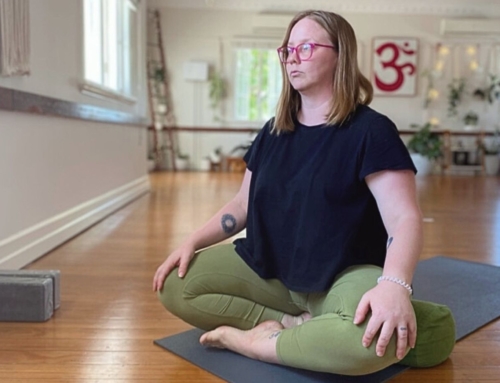Get Curious for Success
Did you know that many people lose the capacity to be curious by age four? Being a curious person myself, I find myself digging deeper.
In my exploration, I learned that curiosity is considered a trait. Like any muscle, our curiosity needs to be exercised regularly. It feeds our intelligence, contributes to our development, expands our knowledge, and enhances our ability to adapt to new situations. Most importantly, it keeps us young and open-minded.

Different ways we are curious
It fascinates me to discover the different ways we can nurture our curiosity. Diverse curiosity drives us to explore and discover new things. When this curiosity finds something beneficial, it evolves into epistemic curiosity, a deep desire to learn about a particular subject. This type of curiosity propels us forward in our pursuit of knowledge.
Empathic or compassionate curiosity, on the other hand, signifies a unique combination of curiosity, openness, acceptance, and love. It allows us to reflect on the thoughts, feelings, and behaviours that make us who we are without attaching judgment. This curiosity helps us question ourselves and others with kindness and understanding.
As Yoga Master Paramahansa Yogananda said, “When there is a lack of mental interest and enthusiasm, the life force in the body becomes sluggish, and the will ceases to draw in fresh vitality from the cosmic life energy surrounding the body.” This quote beautifully encapsulates why maintaining our curiosity is so vital. Without curiosity, our minds and spirits become stagnant, deprived of the enthusiasm and vitality that drive growth and innovation.
Curiosity then plays a big role in why goal-focused resolutions often fade quickly. Without healthy curiosity, our attention is focused on the future, causing us to lose interest in the present. When we focus on the present, we engage in actions that help us achieve our goals. If the present moment isn’t engaging, we are less likely to persevere.
When I teach yoga, I constantly remind students to move slower, notice, feel, calm their minds, and let their hearts open. This way, we can all move more mindfully and create a space that empowers us to adapt our practice to make it more suitable and enjoyable.

We are separate from the future, only connected to the present moment.
In his book “Curious: The Desire to Know and Why Your Future Depends on It,” Ian Leslie discusses research on this topic. In a study, students were divided into two groups: one focused on their goals while practising yoga, and the other on their experiences—such as how it feels to stretch, move, and breathe. The experience-focused group reported longer practice sessions and greater enjoyment. Leslie noted that when our interest is solely directed at the future, we become easily bored with the present, lose the motivation to connect with diverse curiosity, and ultimately never reach epistemic curiosity.
In essence, we need compassionate curiosity to nurture our diverse curiosity into epistemic curiosity. Maintaining a healthy balance between present experiences and future goals fosters understanding and fulfilment. So stay curious and present in all your endeavours, and see how much more likely you will enjoy and remain committed.
These inspirations are the reasons this blog came to be:
- Paramahansa Yogananda – SRF Fellowship
- Ian Leslie – Book “Curious: The Desire to Know and Why Your Future Depends on It”
- Light Watkins – Book “Travel Light” – our next book club read Yogi Bare Book Club
- Gabor Mate – in an interview, expresses the importance of staying curious
by Tanya Zappala






